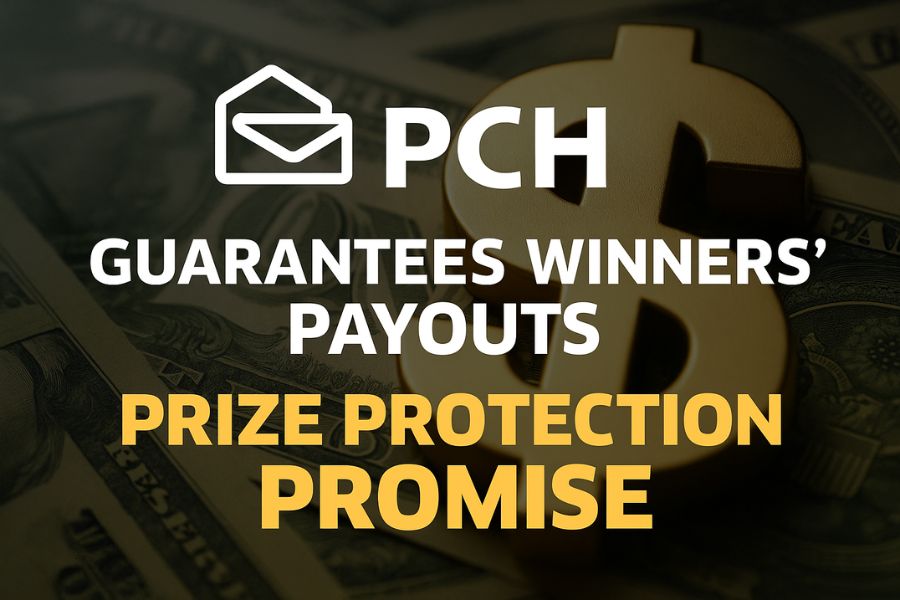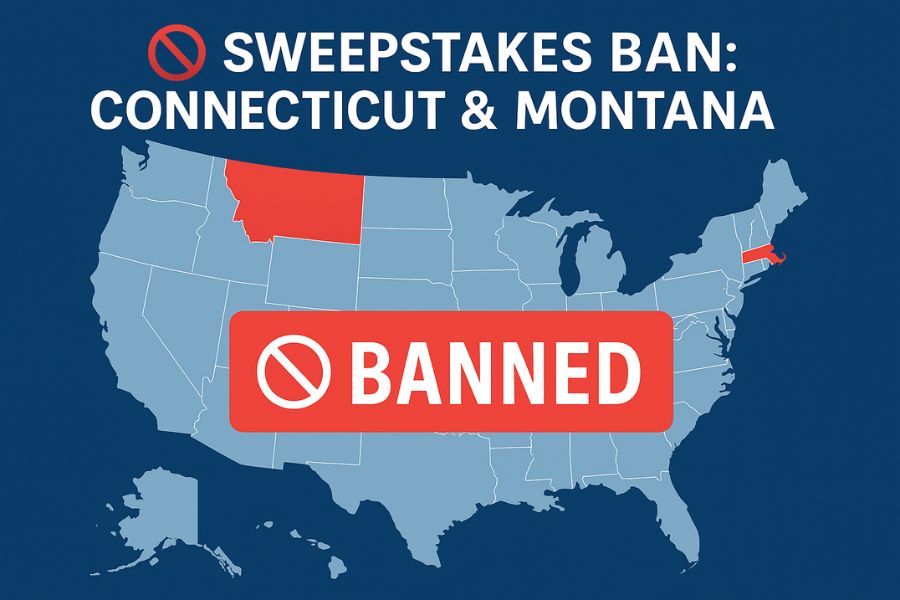The report says most users think these sites are gambling, many play mainly to win money, and their ads now reach large parts of the country. The findings land as lawmakers and regulators consider how to respond.
What the AGA Study Says
The AGA’s research found that 90% of users say sweepstakes casinos are gambling, and 69% describe them as places to wager real money. Spending is common, too: 80% of players report paying monthly, with nearly half doing so weekly.
In states without clear bans, usage is about twice as high as in states with restrictions, suggesting rules change how often people play.
Motivation matters. In a companion look at player behavior, 65% of sweeps players said their top reason to play is winning money, compared with 82% among regulated iGaming users.
That lines up with the idea that many treat these sites like cash casinos, not just free games. The AGA says the surveys were run by Interpret in June 2025 with thousands of respondents across player groups.
The report also highlights advertising. In early 2025, around half of the online casino ad impressions seen by U.S. consumers came from sweepstakes operators, with heavy focus on big states that lack legal iGaming.
That pattern, the AGA argues, helps drive confusion about what’s legal and regulated and what is not.
What It Means for Players and States
Why does this matter? Regulated casinos must follow rules on age checks, self-exclusion, and clear complaint paths. Sweepstakes sites often operate in a legal gray area, so those guardrails may be limited or missing. If a payout is delayed or a site shuts down, there may be no regulator to step in. That gap is the core of the AGA’s warning.
The study’s ad-tracking adds pressure. When sweepstakes promotions are nearly as common as ads from licensed operators—and sometimes more visible in key states—players can struggle to tell the difference.
The AGA says heavier marketing in states without iGaming suggests a strategic focus on places with demand but less clarity, which can widen the risk for consumers.
What happens next? The AGA urges clear legal definitions, stronger enforcement, and better consumer education so players know what protections they have. Some states have already moved with cease-and-desist letters or new bills aimed at sweepstakes-style sites.
Others are still studying the issue, but the national conversation is gaining speed. For readers, the simple takeaway is this: if you choose to play, stick to platforms that are licensed, use responsible gaming tools, and make the money side of play crystal clear.




